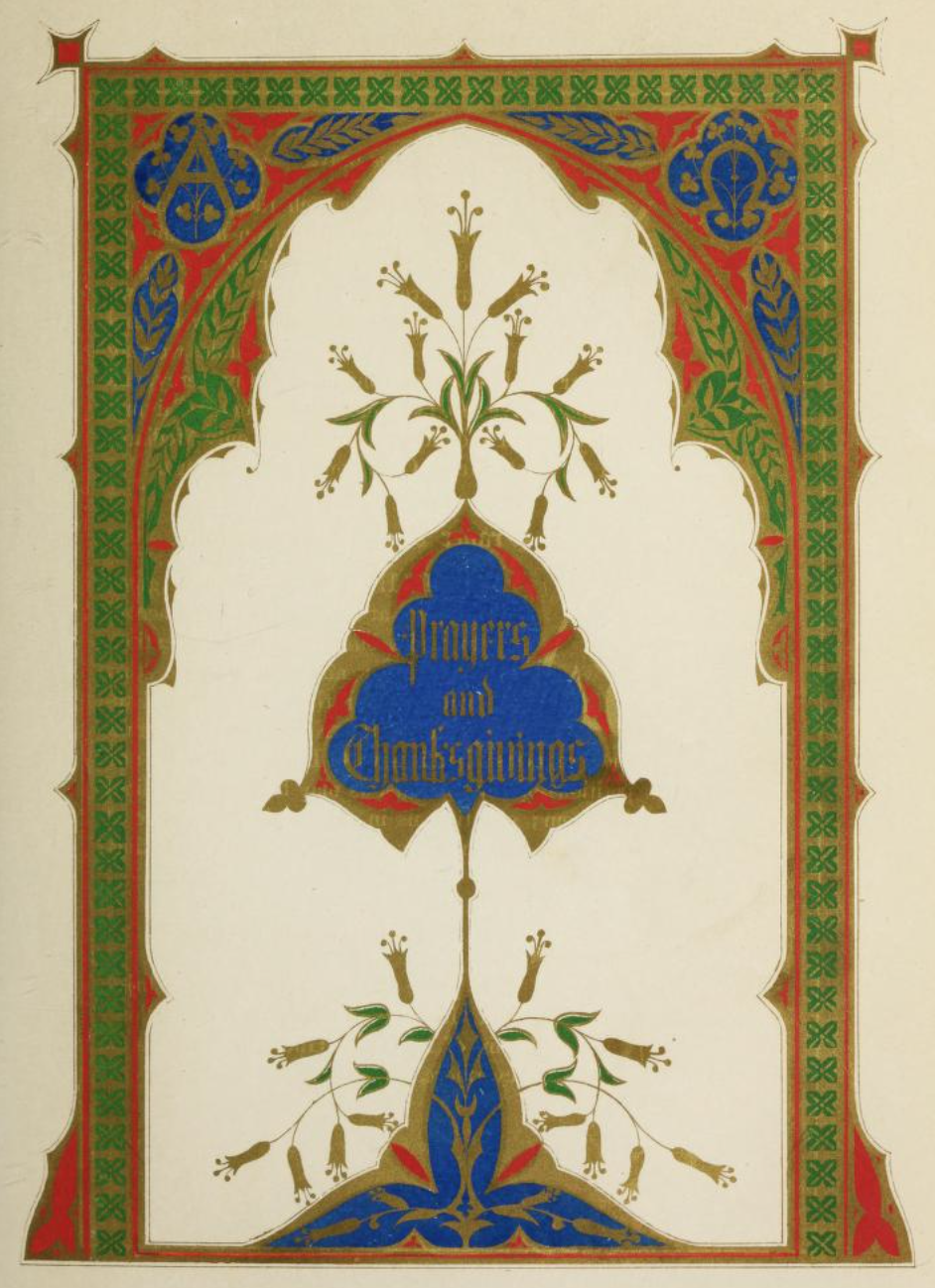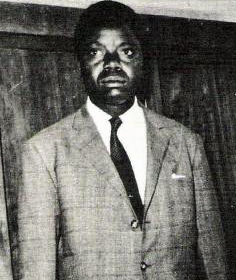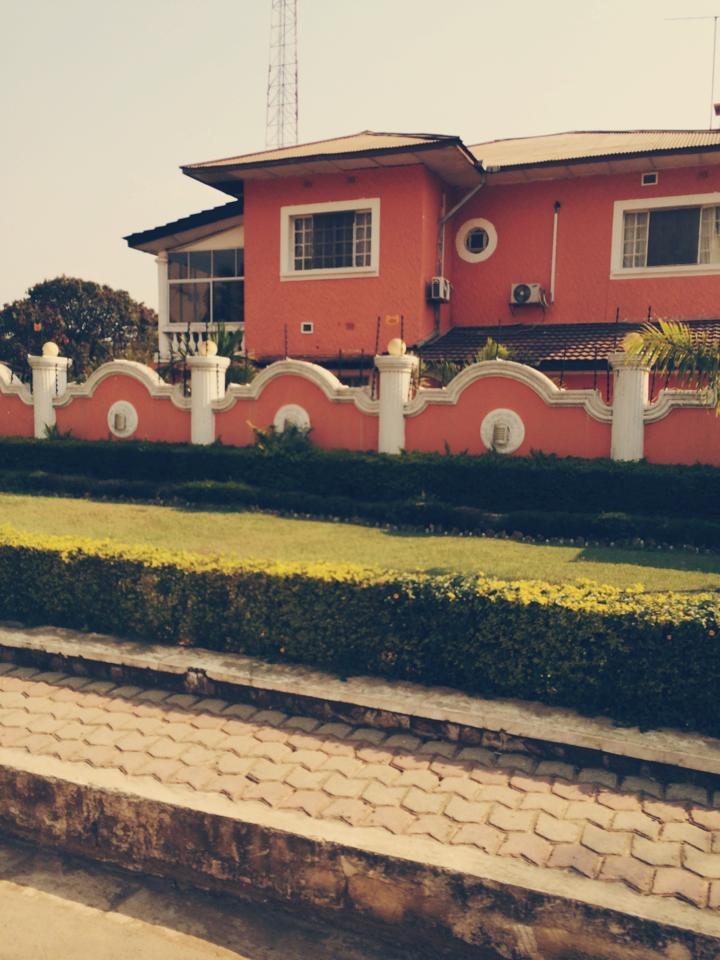|
Joseph Okito
Joseph Okito (5 February 1910 – 17 January 1961) was a Congolese politician and close political ally to Patrice Lumumba who briefly served as Second Vice-President of the Senate of the Democratic Republic of the Congo (then Republic of the Congo). He was executed alongside Lumumba in Katanga in 1961. Biography Joseph Okito was born on 5 February 1910 in the village of Koyapongo, Lusambo Territory, Belgian Congo. He worked for the colonial administration for many years, serving as the chief of the Batetela sector of the Lusambo Territory. He was cited by the '' évolués'' of Luluabourg in a March 1944 memorandum as an example of a dedicated civil servant. He was later admitted into the Union des Interets Sociaux Congolais, an elite cultural society for ''évolués''. Okito enjoyed an elevated social status due to his entrepreneurship and significant ownership of property. He was co-opted into the Kasai Provincial Council in 1957, serving until 1959. During the same time he ... [...More Info...] [...Related Items...] OR: [Wikipedia] [Google] [Baidu] |
Isaac Kalonji
Isaac Kalonji Mutambayi (9 September 1914 – 3 August 2009) was a Congolese Protestant minister and statesman who served as the President of the Senate of the Democratic Republic of the Congo from 1962 until 1965. He was one of the few politicians to serve the country continuously from its independence in 1960 until its democratisation in the 1990s. Early life Isaac Kalonji was born on 9 September 1914 in Lusambo, Belgian Congo to a Muluba father and a Lulua mother. Early on in his life he was adopted by two American Baptist missionaries. They oversaw his upbringing and education until he was 9 years old, when the couple returned to the United States. Kalonji initiated his primary education in 1922 in Lusambo and underwent post-primary schooling in Luebo. By 1930 he was teaching in the same locale. Two years later he became secretary of the École Moyenne de Luebo and inspector of the École Normales Protestantes du Kasaï. In 1936 he was hired by an Italian firm and became a s ... [...More Info...] [...Related Items...] OR: [Wikipedia] [Google] [Baidu] |
Jacques Masangu
Jacques Masangu-a-Mwanza (born 20 November 1928) is a Congolese and Katangese politician and diplomat. Early career Jacques Masangu, originating from Katanga, attended the Solvay Institute of the Université Libre de Bruxelles where he graduated in sociology and diplomatic law in 1960. Masangu was elected a Senator in the national Senate at the time of independence on 30 June 1960. He became the First Vice-President of the Congolese Senate in Léopoldville, the country's capital, on 22 June 1960. He won the election for First Vice-President with 40 votes (51%) against Michel Denge who obtained 37 votes (48%) and Joseph Okito who obtained 1 vote (1%). State of Katanga On 11 July 1960, Katangese provincial president Moïse Tshombe declared the mineral-rich province independent as the State of Katanga. On 15 July, Masangu rallied to Tshombe's side and was sent out to Brussels, capital of the former colonising country Belgium, to represent the new state as the Resident M ... [...More Info...] [...Related Items...] OR: [Wikipedia] [Google] [Baidu] |
Kinshasa
Kinshasa (; ; ln, Kinsásá), formerly Léopoldville ( nl, Leopoldstad), is the capital and largest city of the Democratic Republic of the Congo. Once a site of fishing and trading villages situated along the Congo River, Kinshasa is now one of the world's fastest growing megacities. The city of Kinshasa is also one of the DRC's 26 provinces. Because the administrative boundaries of the city-province cover a vast area, over 90 percent of the city-province's land is rural in nature, and the urban area occupies a small but expanding section on the western side. Kinshasa is Africa's third-largest metropolitan area after Cairo and Lagos. It is also the world's largest nominally Francophone urban area, with French being the language of government, education, media, public services and high-end commerce in the city, while Lingala is used as a ''lingua franca'' in the street. Kinshasa hosted the 14th Francophonie Summit in October 2012. Residents of Kinshasa are known as ''Kinoi ... [...More Info...] [...Related Items...] OR: [Wikipedia] [Google] [Baidu] |
Thanksgiving After Communion
Thanksgiving after Communion is a spiritual practice among Christians who believe in the Real Presence of Jesus Christ in the Communion bread, maintaining themselves in prayer for some time to thank God and especially listening in their hearts for guidance from their Divine guest. This practice was and is highly recommended by saints, theologians, and Doctors of the Church. Basis of the practice In John 6:51, Jesus is quoted as saying, "I am the living bread that came down from heaven; whoever eats this bread will live forever; and the bread that I will give is my flesh for the life of the world." According to Catholic doctrine, bread is transubstantiated into the " Body and Blood, Soul and Divinity of Jesus Christ." The same holds true for the wine, which in Catholic doctrine is also "the Body, Blood, Soul, and Divinity of Jesus Christ". Pope John-Paul II in ''Inaestimabile Donum'' (Instruction Concerning Worship of the Eucharistic Mystery) emphasized the importance of adora ... [...More Info...] [...Related Items...] OR: [Wikipedia] [Google] [Baidu] |
Godefroid Munongo
Godefroid Munongo Mwenda M'Siri (1925–1992) was a Democratic Republic of the Congo, Congolese politician. He was a minister and briefly interim president, in 1961. It has been claimed he was involved in ethnic cleansing and in the assassination of Prime Minister Patrice Lumumba, during the Congo Crisis. Early life Munongo was born on 20 November 1925 in Bunkeya (now in Lualaba Province). He was a descendant of King Msiri of the Nyamwezi people, Nyamwezi, who founded the State of Garenganze in the latter half of the 19th century.Patrick Munongo , his son, accessed February 2009 He entered the major seminary in Kirungu, Baudouinville in 1947, where he would stay for two years. In Kisantu, Munongo obtained his degree from the school of administrative sciences. He became a court clerk, then a police judge at the court responsible for identity cards ... [...More Info...] [...Related Items...] OR: [Wikipedia] [Google] [Baidu] |
Moïse Tshombe
Moïse Kapenda Tshombe (sometimes written Tshombé) (10 November 1919 – 29 June 1969) was a Congolese businessman and politician. He served as the president of the secessionist State of Katanga from 1960 to 1963 and as prime minister of the Republic of the Congo (Léopoldville), Democratic Republic of the Congo from 1964 to 1965. Early life A member of the Lunda people, Lunda ethnic group, Tshombe was born near Musumba, Belgian Congo, the son of a successful businessman. The Tshombe family were Lunda royalty and a number of Tshombes had reigned as the Mwaant Yav, the traditional king of the Lunda people. He received his education from an American missionary school and later trained as an accountant. In the 1950s, he took over a chain of stores in Katanga Province, which failed. Tshombe ran a number of businesses, which all failed, requiring his wealthy family to bail him out. Tshombe later involved in politics. Katanga was different from the other provinces of the Belgian C ... [...More Info...] [...Related Items...] OR: [Wikipedia] [Google] [Baidu] |
Élisabethville
Lubumbashi (former names: (French language, French), (Dutch language, Dutch)) is the second-largest city in the Democratic Republic of the Congo, located in the country's southeasternmost part, along the border with Zambia. The capital and principal city of the Haut-Katanga Province, Lubumbashi is the center of mining in the region, acting as a hub for many of the country's largest mining companies. No definite population figures are available, but the population of the city's urban area is estimated to be around 2,584,000 in 2021. History Élisabethville under Belgian rule The Belgian government established the modern-day government in the city of ''Élisabethville'' (sometimes Elizabethville, both in French, or Elisabethstad in Dutch) in 1910, named in honour of Elisabeth of Bavaria (1876–1965), Queen Elisabeth, consort to King Albert I of the Belgians. By that time, the government had taken over the colony from King Leopold II, and renamed it as the Belgian Congo. Thi ... [...More Info...] [...Related Items...] OR: [Wikipedia] [Google] [Baidu] |
Maurice Mpolo
Maurice Mpolo (12 September 1928 – 17 January 1961) was a Congolese politician who served as Minister of Youth and Sports of the Republic of the Congo in 1960. He briefly led the Congolese army that July. He was executed alongside Prime Minister Patrice Lumumba in Katanga in 1961. Biography Maurice Mpolo was born on 12 September 1928 in Inongo, Belgian Congo. His father was Alphonse Membe. He had five years of primary education before studying as a novitiate for three years at the Fréres des Écoles Chrétiennes à Tumba. He later attended school in Léopoldville but was forced to drop out due to domestic problems. He became involved in several private enterprises and served in the colonial police force, though he was dismissed from duty on 10 September 1952 after being repeatedly reprimanded for displaying arrogance and indiscipline. Mpolo also worked as a journalist and was arrested by the Belgian administration for publishing opinions they considered "displaced", though he ... [...More Info...] [...Related Items...] OR: [Wikipedia] [Google] [Baidu] |
Kikwit
Kikwit is the largest city of Kwilu Province, lying on the Kwilu River in the southwestern part of the Democratic Republic of the Congo. Kikwit is also known in the region under the nickname "The Mother". The population is approximately 458,000 (2017). An important commercial centre, it is home to a stadium and is known for its traditional dances, in particular the Bapende dancers whose geographic origin centers on the village of Gungu. Bapende dancers often wear traditional costumes comprising colorful masks and attire made from raffia. Kikwit is also home to an airport (Kikwit Airport) and is connected to the capital Kinshasa by a new road and river transport. In 1995 the city saw a serious outbreak of the deadly Ebola virus. Singer King Kester Emeneya was born in Kikwit in 1956. In April 2014, a tribute concert held in Kikwit to honor King Kester Emeneya ended in disaster, and at least thirteen people in the stadium died in a stampede following a power failure. See also ... [...More Info...] [...Related Items...] OR: [Wikipedia] [Google] [Baidu] |
Thysville
Mbanza-Ngungu, formerly known as Thysville or Thysstad, named after Albert Thys, is a city and territory in Kongo Central Province in the western part of the Democratic Republic of Congo, lying on a short branch off the Matadi-Kinshasa Railway. It has a population of nearly 100,000 people. Overview Formerly known as a resort town, it is home to the Thysville Caves, which encompass the entire range of the colourless African blind barb. It is home to a major FARDC garrison: the 1st Armoured Brigade was based here during the early 1990s period.Ed. by Sandra W. Meditz and Tim MerrillCountry Study for Zaire 1993, Library of Congress The 1st Armoured Brigade was first listed in the IISS Military Balance in 1982-83 edition, implying that the brigade may have been created during that period.IISS Military Balance 82/83, page 71 The city's other main industry is railway engineering. The city is currently the main site of Kongo University. Gallery Swiss photographer Annemarie Schwarze ... [...More Info...] [...Related Items...] OR: [Wikipedia] [Google] [Baidu] |
Kisangani
Kisangani (formerly Stanleyville or Stanleystad) is the capital of Tshopo province in the Democratic Republic of the Congo. It is the fifth most populous urban area in the country, with an estimated population of 1,312,000 in 2021, and the largest of the cities that lie in the tropical woodlands of the Congo. Some from the mouth of the Congo River, Kisangani is the farthest navigable point upstream. Kisangani is the nation's most important inland port after Kinshasa, an important commercial hub point for river and land transportation and a major marketing and distribution centre for the north-eastern part of the country. It has been the commercial capital of the northern Congo since the late 19th century. History Before Henry Morton Stanley, working on behalf of King Leopold II of the Belgians, founded what would become Stanley Falls Station in 1883, on the Island of Wana Rusari in the Congo River, the area was inhabited by a native Congolese tribe known as the Clans of ... [...More Info...] [...Related Items...] OR: [Wikipedia] [Google] [Baidu] |
Free Republic Of The Congo
The Free Republic of the Congo (french: République Libre du Congo), often referred to as Congo-Stanleyville, was a short-lived rival government to the Republic of the Congo (Congo-Léopoldville) based in the eastern Congo and led by Antoine Gizenga. Following Prime Minister Patrice Lumumba's deposition in September 1960 in the midst of the Congo Crisis, many of his supporters became disillusioned with the government in Léopoldville (modern-day Kinshasa). Under Lumumba's deputy, Antoine Gizenga, leftists organised in Stanleyville (modern-day Kisangani) and in December declared their own government to be the legal successor to the prime minister's administration. Gizenga quickly amassed military strength and, by February 1961, had occupied vast portions of Congolese territory. In August, negotiations between the two governments resulted in Gizenga agreeing to stand down. He returned to the office of deputy under the new prime minister, Cyrille Adoula. Still, Gizenga distanced h ... [...More Info...] [...Related Items...] OR: [Wikipedia] [Google] [Baidu] |






